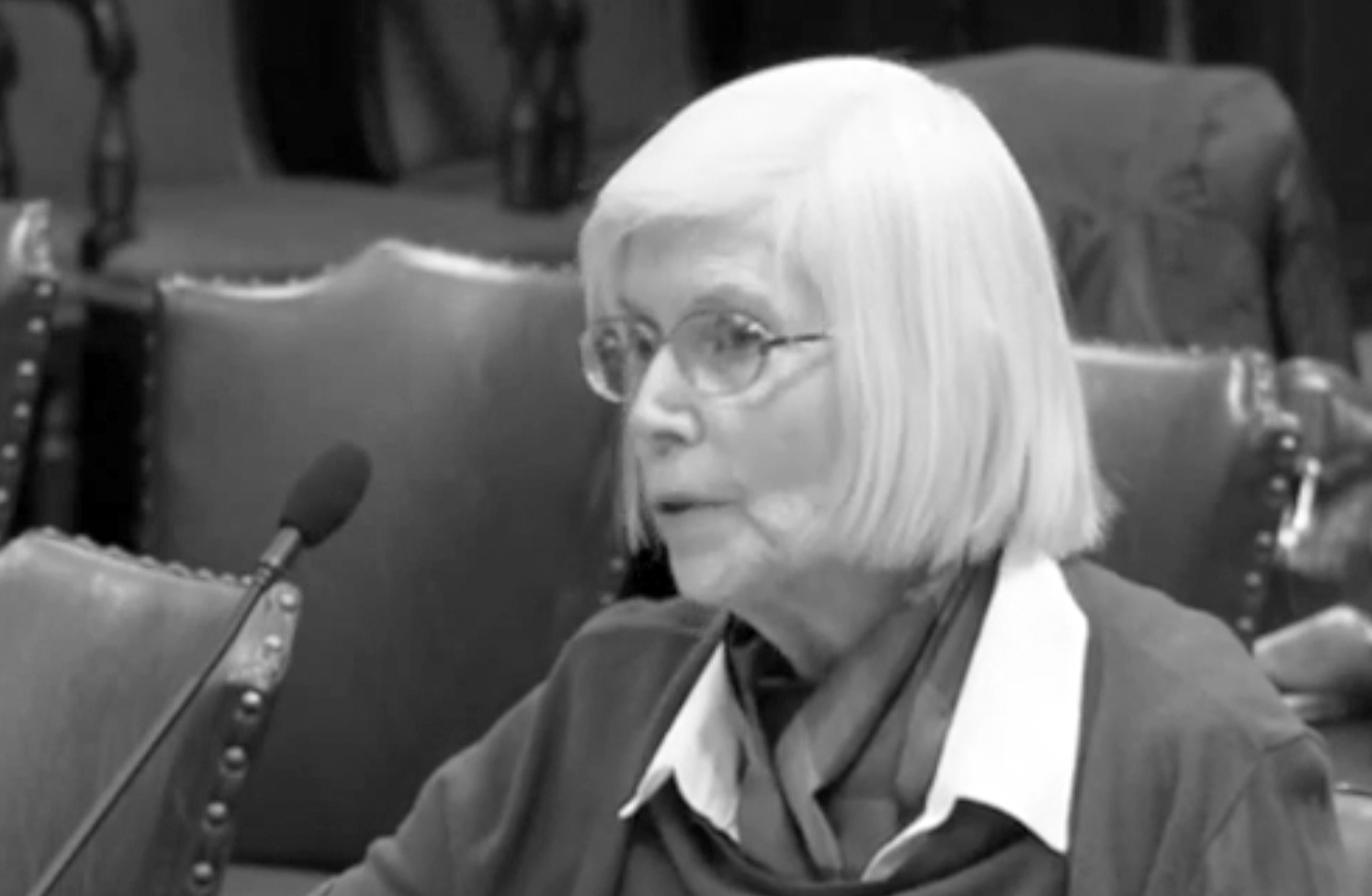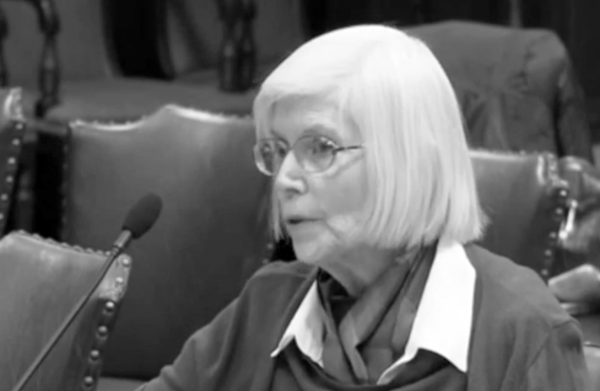
If freshman legislator Robert Nardolillo accomplished anything with the introduction of legislation that seeks to criminalize the transmission of HIV, it was to demonstrate the hard won strength and unity of the LGBTQ and medical community in resisting a return to the ignorance, fear and stigma attached to the disease in the 1980s.
Though Nardolillo, in presenting his bill to the House Judiciary Committee claims to have done research on the issue, it became immediately obvious that he had not talked to any of the assembled experts in public health policy in the room last night. If anything, it looks like Nardolillo’s research amounted to little more than copying section 44-29-140 of a draconian and unhelpful South Carolina law passed in 1988, at the height of AIDS hysteria in the United States.
Nardolillo, who did not respond to my request to answer questions before the hearings, did speak to Zack Ford at ThinkProgress and when confronted with studies demonstrating the dangers of this kind of legislation, showed himself to be impervious to reason, saying,
‘Have I read the research? I did,’ Nardolillo confirmed, saying that he still felt that HIV was too serious not to prosecute in a distinct way.
Stephen Hourahan, Executive Director of AIDS Project RI strongly disagreed. The legislation’s passage, said Hourahan, “would mark a backwards step” in dealing with HIV. Since the bill criminalizes knowingly transmitting HIV, the bill will, “privilege the ignorance of not knowing your status.” We don’t want the mantra to be, “Take the test and risk arrest,” said Hourhan, adding that such a bill would create a “viral underclass” and should be opposed by all.
Paul Fitzgerald, executive director AIDS Care Ocean State, echoed Hourahan’s comments, adding, “I don’t believe that it’s smart” to pass such a bill.
Anthony Maselli, a healthcare worker and LGBTQ activist, said that transmission of HIV with “malicious intent is improbable and rare.” The law, says Maselli, “adds insult to injury” and is “a slap in the face.” At the conclusion of his excellent testimony, Maselli was greeted with applause from those crowded into the room.
Anthony DeRose, representing the Rhode Island Democratic Party LGBTQ Caucus and the Young Democrats of Rhode Island pointed out that as a country, we are in the process of rolling back similar laws. Laws such as the one Nardolillo introduced, said DeRose, are “outdated.”
Dr. Amy Nunn of Brown University, who I featured in a piece back in December during a State House event held for World AIDS Day, said that passage of such a law would set back decades of work here in Rhode Island. She called Dr. Michael Fine of the Rhode Island Department of Health a visionary for suggesting that Rhode island might be the first state to eliminate HIV transmission through sound public policy.
Rounding out the night’s testimony was Miriam Hospital’s Kristen Pfeiffer, chair of the RI HIV Prevention Coalition and Ben Klein, a Senior Attorney at Gay & Lesbian Advocates & Defenders. Both were vociferous and forceful in firmly opposing the legislation.
In the face of such strong opposition, it seems extremely unlikely that this legislation will advance out of committee.




